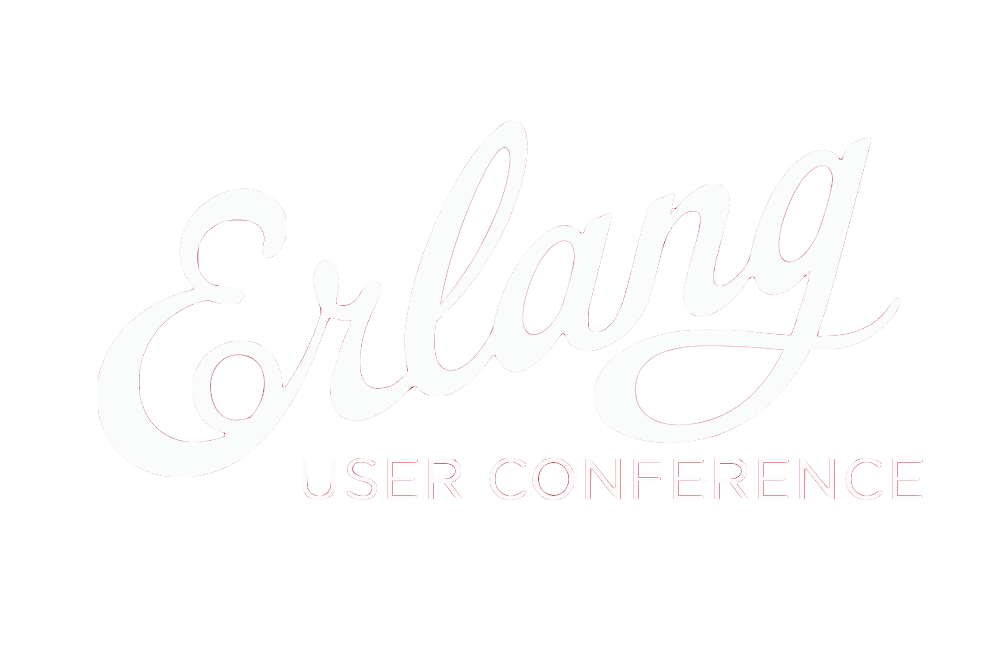
Fixing Erlang’s Distribution Protocol
Tutorial: Hands-On Embedded Systems Tutorial with GRiSP
Peer StritzingerFounding owner and managing director of Peer Stritzinger GmbH
Fixing Erlang’s Distribution Protocol
Erlang's built in transparent distribution is one of the features that has enticed many into the ecosystem for the first time. It certainly did so for me. Later, when I accumulated more experience, other features became more important.
As you may well have noticed, after thorough use Erlang's Distribution Protocol unfortunately shows some limitations, like:
- The fully connected network of today can't scale well
- Head of line blocking prevents sending of large messages without delaying messages between unrelated processes
- Erlang distribution can't be used in hostile environments
Currently everyone separately implements external or application level workarounds for these problems. But wouldn't it be nice if Erlang distribution would just work for a much larger set of applications?
I will present our plan to spend available budget to tackle these problems by extending Erlang's distribution implementation. Some problems will be avoided altogether, while improved and easier pluggability for further improvements down the line will be provided.
All this will only be useful if it eventually shows up in OTP, so we will do anything required to make this happen.
Talk objectives:
- Present our work plan for how to fix Erlang Distribution Protocol and start the communication with the community about it. Also we will use the opportunity to show in depth how Erlang distribution protocol currently works under the hood.
Target audience:
- Erlang developers who want to learn how distribution protocol works under the hood. Erlang developers who would like to get rid of limitations with it and see where it might be headed in the future.
Video
Tutorial: Hands-On Embedded Systems Tutorial with GRiSP
The one day GRiSP tutorial will get you familiar with the GRiSP hardware board and its capabilities running embedded Erlang applications. We'll learn how to set up an Erlang application for the GRiSP board, deploy it and interact with different hardware components directly from Erlang. After the tutorial, there will be a workshop where you can develop prototype embedded applications together with the group, having access to the GRiSP hardware and many sensors and actuators.
Hardware will be provided. More information at www.grisp.org.
Target audience:
- Software Developers & Engineers who want to learn about embedded systems
Prerequisites:
- Good programming skills in Erlang
Objectives:
- Learn to develop embedded systems for the GRiSP board
- Interact and work with real hardware
- Develop example embedded applications together
Please bring your laptop.
About Peer
Peer ported Erlang to Hard-Realtime Operationg system RTEMS (www.grisp.org). He developed the Hydraprog automotive control unit flashing device which has been used successfully all over the world for over a decade. Since 2007 the firmware of the device is written mainly in Erlang - including protocol stacks for all existing automotive protocols. Currently developing industrial transport system controller with Erlang in a small embedded system. Initially mastered in Physics at the Technical University Munich, Peer has broad experience ranging from low level device drivers to functional languages in industrial and automotive applications. He has been working self employed as a developer since 1987. He did consulting work in applied cryptography and protocol design and implementation. Peer is currently living and working in the nice countryside west of Munich, Bavaria. Twitter:
@peerstr
